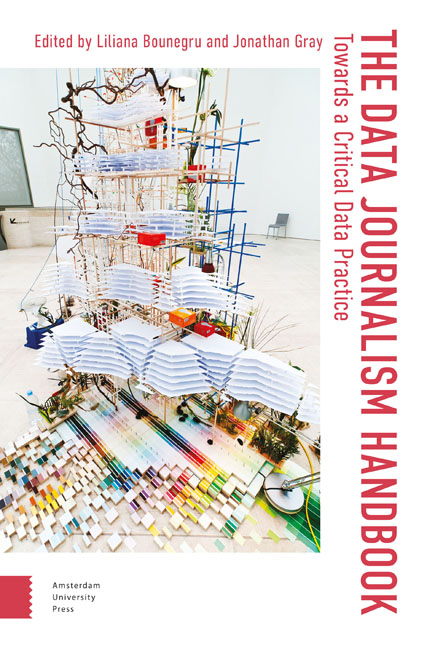40 - Open-Source Coding Practices in Data Journalism
Summary
Abstract
This chapter discusses the challenges of open-source coding for journalism and the features that successful projects share.
Keywords: open source, programming, coding, journalism, tool development, code libraries
Imagine this: A couple of journalists work together to scrape records from government websites, transform those scraped documents into data, analyze that data to look for patterns and then publish a visualization that tells a story for readers. Some version of this process unfolds in newsrooms around the world every single day. In many newsrooms, each step relies at least in part on open-source software, piecing together community-tested tools into a workflow that is faster than any way we could do it before.
But it is not just open-source software that has become part of today's data journalism workflow, it is also the philosophy of open source. We share knowledge and skills with one another, at events and through community channels and social media. We publish methodologies and data, inviting colleagues to correct our assumptions and giving readers reason to trust our results. Such open, collaborative approaches can make our journalism better. Every time we seek feedback or outside contributions, we make our work more resilient. Someone else might spot a problem with how we used data in a story or contribute a new feature that makes our software better.
These practices can also have broader benefits beyond our own projects and organizations. Most of us will never dive into a big project using nothing but tools we have built ourselves and techniques we have pioneered alone. Instead, we build on the work of other people, learning from mentors, listening at conferences and learning how projects we like were made.
At OpenNews, we have worked with journalists on open-source projects, supported developer collaborations, and written The Field Guide to Open Source in the Newsroom. In this chapter we reflect on some of the things we have learned about the role of open-source practices in data journalism, including common challenges and features of successful projects.
Common Challenges
Working openly can be rewarding and fun, and you can learn more in the process—but it is not always simple! Planning for success means going in clear-eyed about the challenges that open-source projects often face.
- Type
- Chapter
- Information
- The Data Journalism HandbookTowards A Critical Data Practice, pp. 291 - 294Publisher: Amsterdam University PressPrint publication year: 2021
- 1
- Cited by



